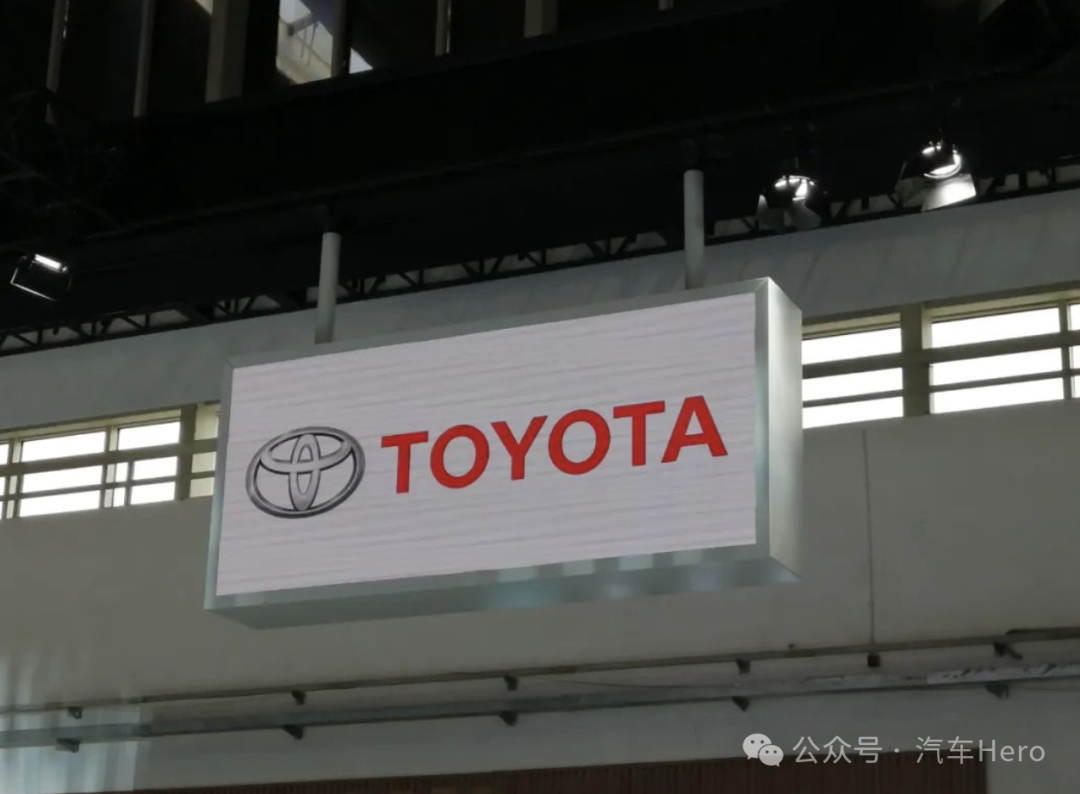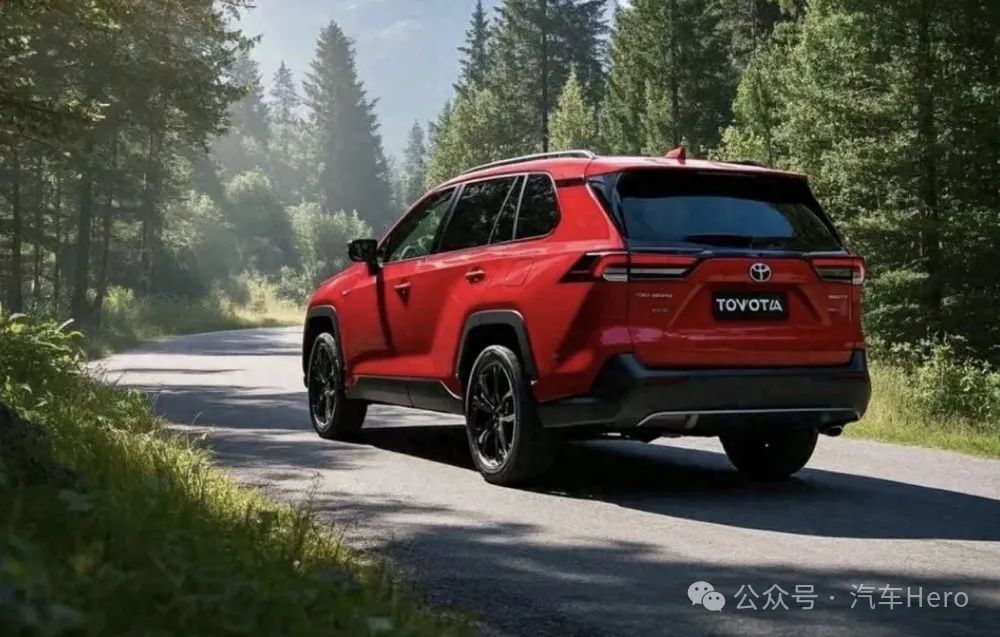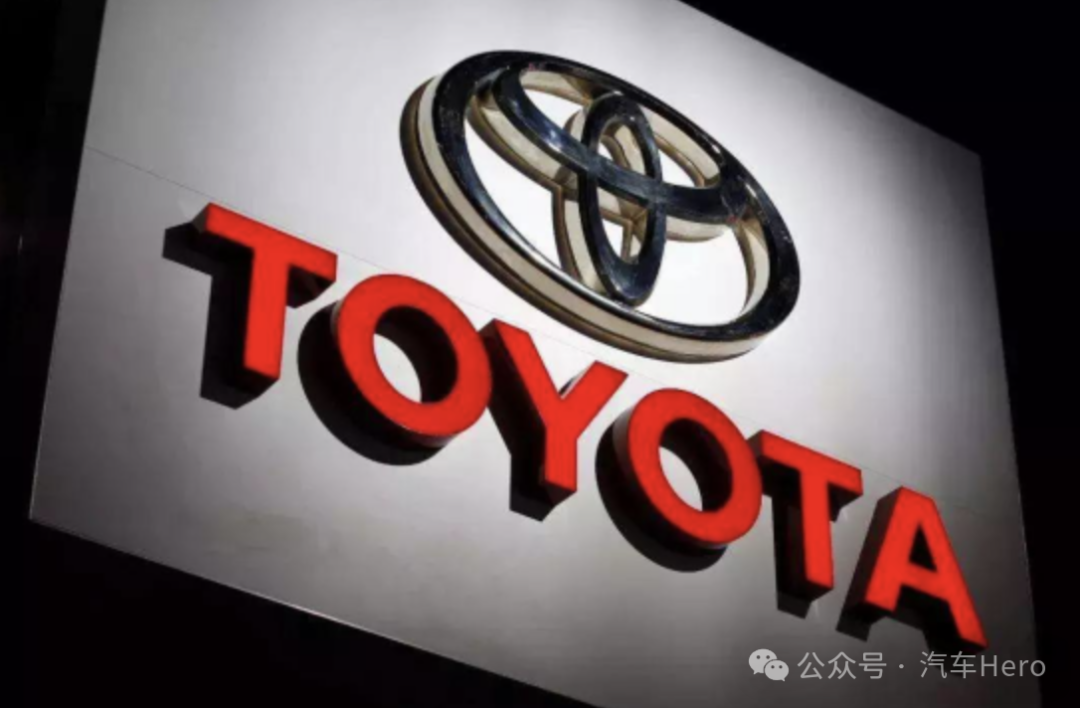FAW-Toyota: The Art of Compromise?
![]() 04/21 2025
04/21 2025
![]() 403
403
FAW-Toyota appears to be making a genuine concession to the Chinese market.
On April 22, FAW-Toyota will host a conference on new energy technology in Shanghai.
Furthermore, at the Shanghai Auto Show on April 23, Toyota, Lexus, and Sette will jointly exhibit. Toyota's electric brand bZ will 'globally unveil' a new model, Lexus will also 'globally unveil' an innovative new model, and Sette will 'debut in China' with a new model.
A rare occurrence indeed!

This signals a clear shift, indicating that Toyota is finally bowing to electric vehicles, which it has long criticized, disdained, and even viewed as a scourge.
This transformation seems ironic but necessary.


However, it seems Toyota has no choice but to adapt.
Describing Toyota's current situation as being besieged on all sides is an understatement.
For instance, in Q3 2024, Toyota experienced sales declines in nearly all key markets.
Sales in the North American market amounted to 643,000 units, down 8.5% year-on-year.
Sales in Japan were 517,000 units, down 4.2% year-on-year.
Sales in the Chinese market were 456,000 units, down 9.7% year-on-year.

Concurrently, the rapid rise of Chinese automakers has exacerbated Toyota's anxious situation.
Take the recently popular 'Hyperthyroidism Brother' as an example. In China, he experienced the self-parking function of the Wenjie M9, the bounce and dance function of the Yangwang U9, the emergency floating function of the Yangwang U8, and the acceleration performance of the Xiaomi SU7 Ultra...
Upon learning that the price of the Yangwang U9 was less than half that of a Lamborghini, he couldn't contain his excitement and exclaimed, 'I want to buy it'!
The strength of Chinese automakers is now recognized globally.

While Toyota still holds the title of the world's largest automaker, its competitive edge is no longer as pronounced. Even Chinese consumers are beginning to lose their fascination with Toyota.
So, the question arises: Is FAW-Toyota's compromise truly effective?
Although it may sound harsh, once a brand loses momentum, it's challenging to regain.

Take Volkswagen as an example. During its peak period, Volkswagen dominated the Chinese market.
However, despite price cuts, momentum building, and promises to launch 11 new models from 2026 onwards for the FAW-Volkswagen and Jetta brands, Volkswagen still struggles to return to its former glory. It's no longer the first brand that comes to mind when consumers consider buying a car.

On March 28, Akio Toyoda, Ola Källenius (Chairman of the Board of Management of Mercedes-Benz Group AG), and Oliver Zipse (Chairman of the Board of Management of BMW AG) jointly attended a high-profile conference in Beijing.
Subsequently, news of this conference and the Shanghai Auto Show emerged, highlighting Toyota's sense of urgency.
No wonder, as if Toyota doesn't speed up, its international competitors are accelerating their localization and investment in China.
Even more alarmingly, in 2024, BYD sold 4.27 million new energy vehicles (in fact, the rise of BYD is indeed one of the main reasons for Toyota's decline in China).
Toyota's economic practicality pales in comparison to BYD's '1 kilometer for 1 cent' offer.

Conclusion
Compromise is indeed an art. While Toyota's current concession may be the optimal time to minimize the cost of surrendering to Chinese electric vehicles, Lexus no longer has a catfish effect, and Toyota's cost-effectiveness has been overshadowed by BYD. It's difficult to imagine how Toyota will secure a place in the era of electrification in the future. However, the market will ultimately provide us with the answer.







